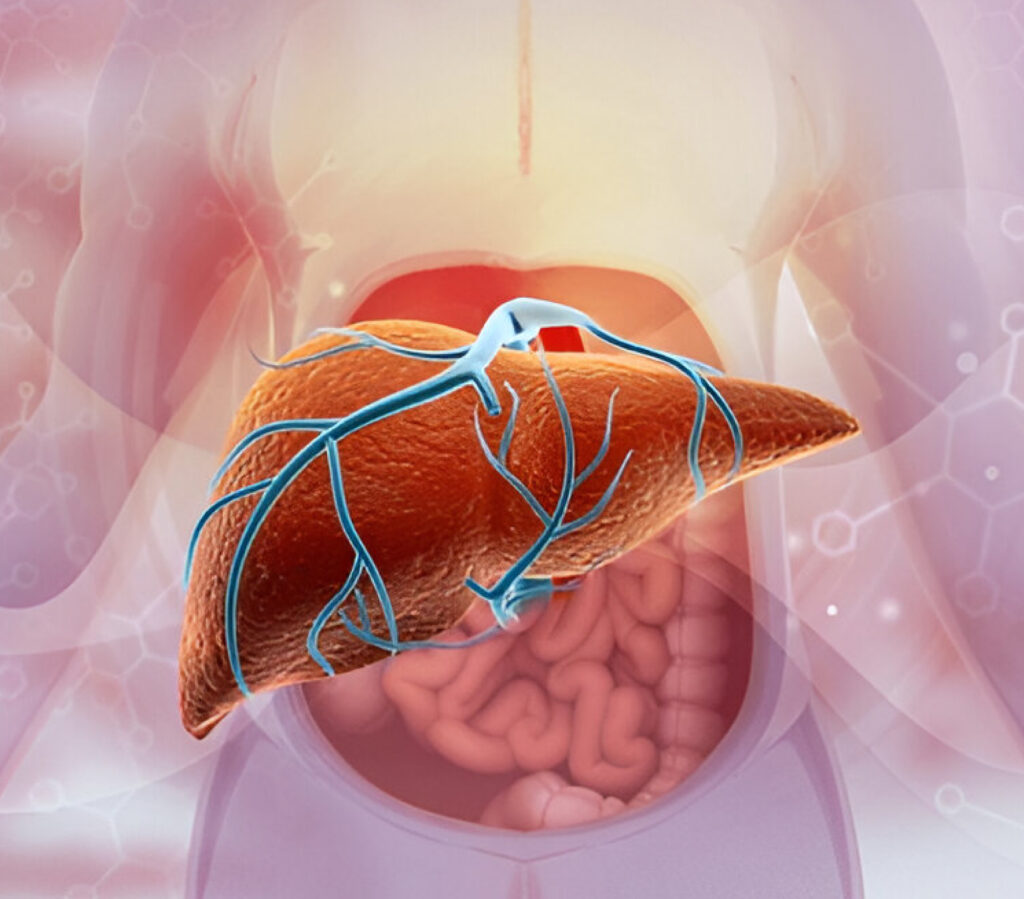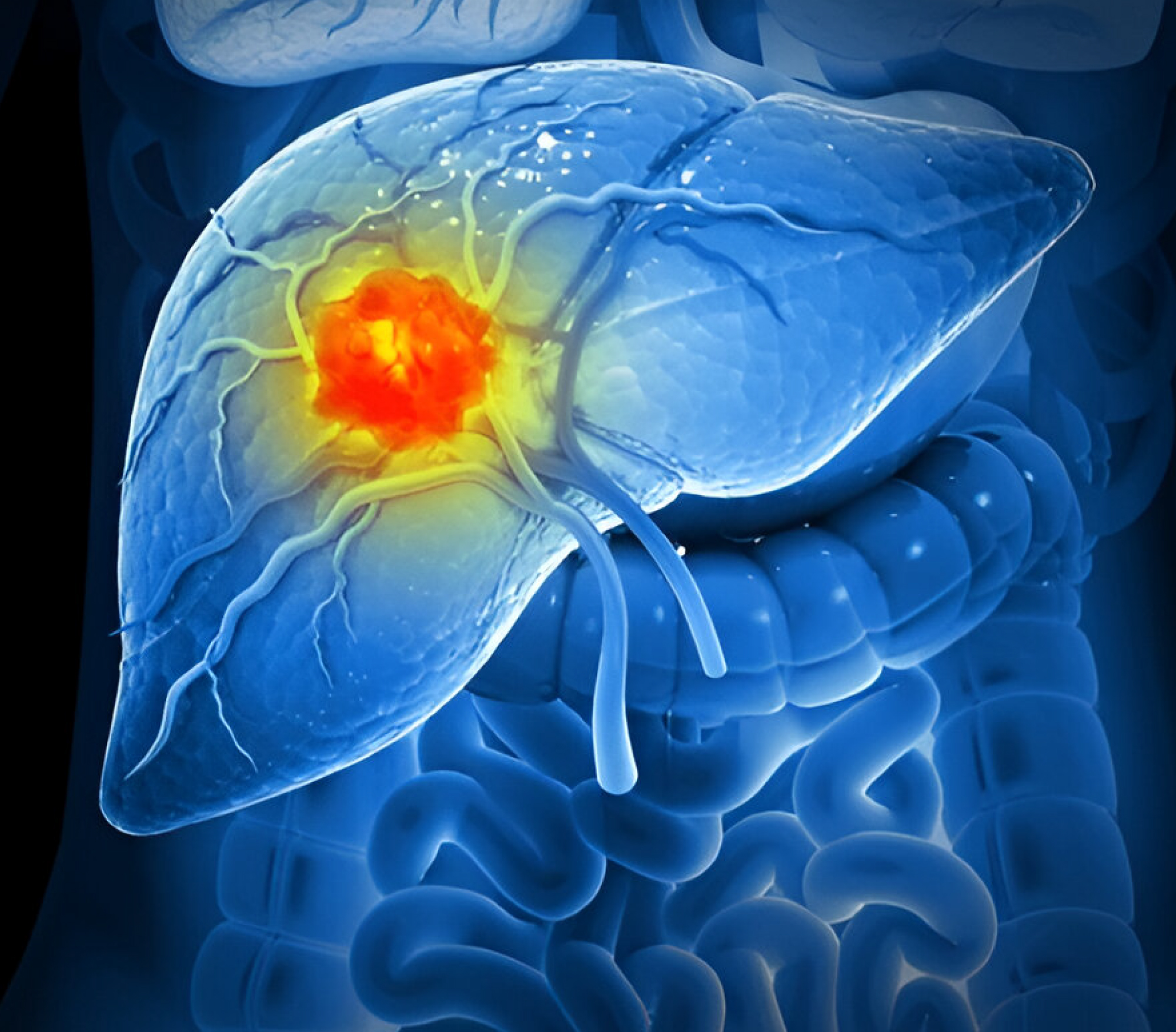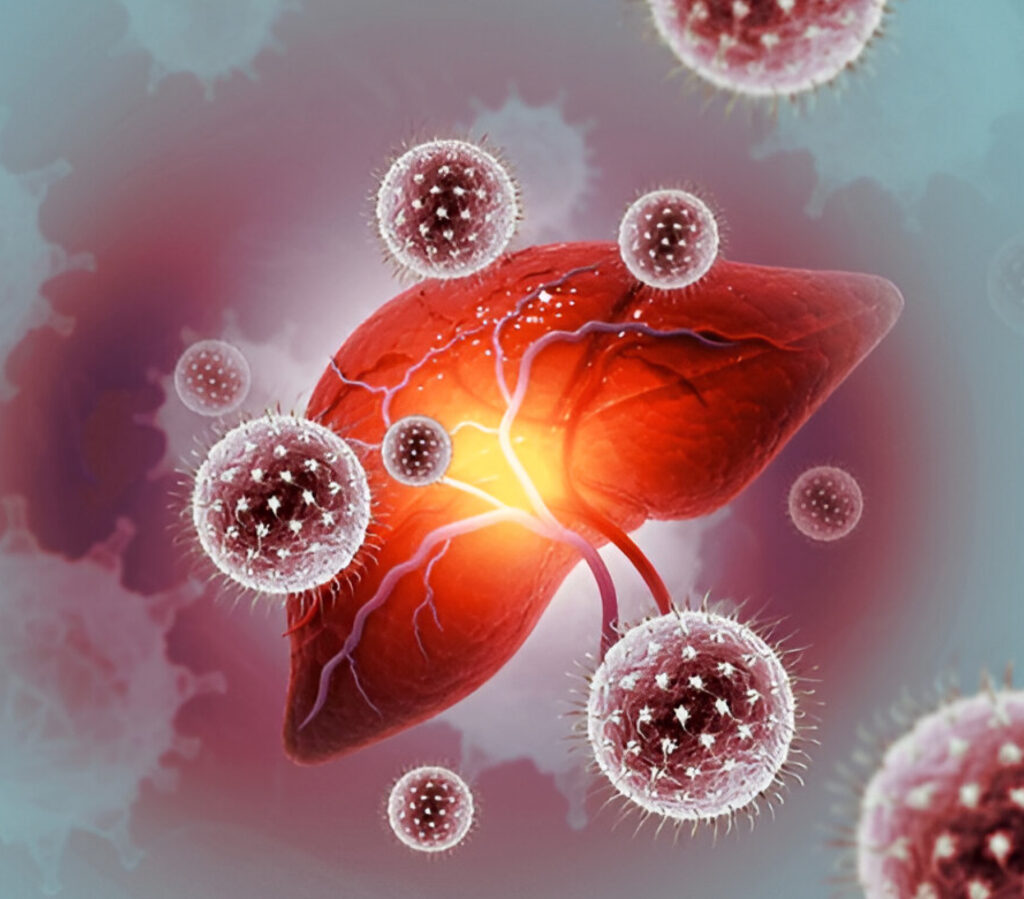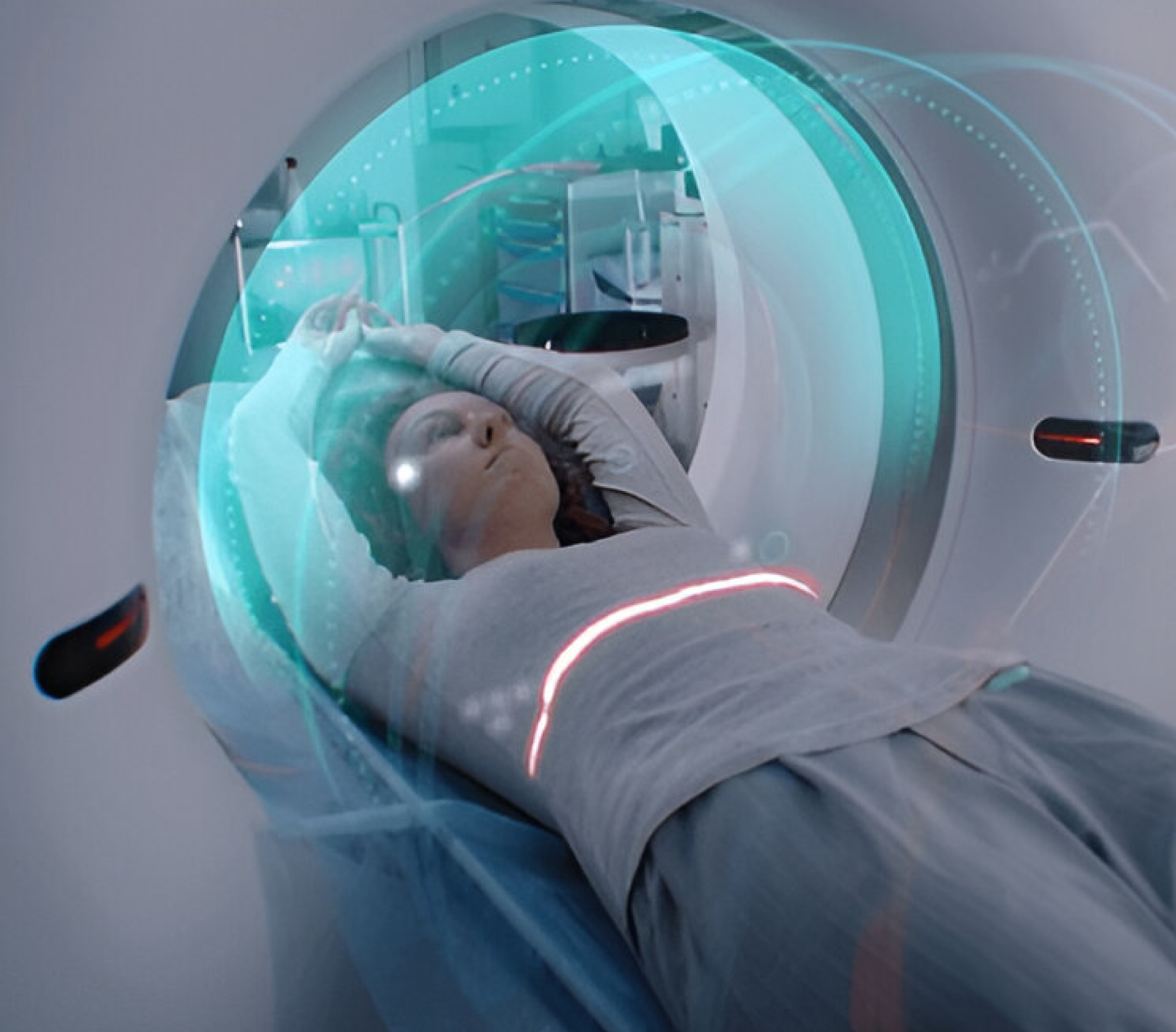Liver cancer treatment in India
Liver Cancer Treatment at Thangam Hospital
Liver Cancer Treatment Options
Early Stage Liver Cancer Treatment
Advanced Liver Cancer Treatment
Liver Cancer Surgical Treatment
Liver Cancer Diagnosis & Treatment Plan
Liver Cancer Risk Factor Treatment
Liver CANCER
Liver cancer care at Thangam cancer center
Liver cancer is a life-threatening condition that begins in the cells of the liver, one of the most vital organs in your body. Located in the upper right portion of the abdomen, the liver performs crucial functions like filtering toxins, producing bile, and supporting digestion. Liver cancer can arise from the liver itself (primary liver cancer) or from cancers that have spread to the liver from other organs (secondary or metastatic liver cancer).
At Thangam Hospital, we specialize in early detection, accurate diagnosis, and advanced treatment options for both primary and metastatic liver cancer.


What Is Liver Cancer?
Primary vs. Metastatic Liver Cancer
Primary liver cancer starts in the liver cells. The most common types are:
Hepatocellular Carcinoma (HCC)
Originates in hepatocytes, the main type of liver cell.
Intrahepatic Cholangiocarcinoma
Begins in the bile ducts within the liver.
Secondary liver cancer (Liver metastases) refers to cancer that spreads to the liver from other organs, typically from the colon, lungs, or breasts.
Signs and Symptoms of Liver Cancer
Liver cancer may not show symptoms in its early stages. As the disease advances, the following signs may appear:

Unexplained
weight loss

Persistent fatigue
and weakness

Abdominal pain or discomfort, especially in the upper right side

Jaundice (yellowing of skin and eyes)

Swollen
abdomen (ascites)

Loss of appetite or
feeling full quickly

Nausea and vomiting, possibly with blood

Dark-colored
urine

General malaise or
feeling unwell
Causes and Risk Factors for Liver Cancer
Several factors can increase the risk of developing liver cancer:
- Chronic liver infections (Hepatitis B and Hepatitis C)
- Liver cirrhosis (due to alcohol or other causes)
- Non-alcoholic fatty liver disease (NAFLD)
- Excessive alcohol consumption
- Obesity and Type 2 diabetes
- Family history of liver cancer
- Long-term exposure to aflatoxins or industrial chemicals


How Is Liver Cancer Diagnosed?
At Thangam Hospital, we use a combination of advanced diagnostic tools to detect and confirm liver cancer, including:
Blood tests
To check liver function and tumor markers (e.g., AFP).
Imaging
Triple-phase CT scan, MRI, and PET scans to assess tumor size, location, and spread.
Biopsy
May be needed in select cases to confirm diagnosis under a microscope.
Early detection significantly improves treatment success rates. If you are at high risk, regular screening is recommended.
Can Liver Cancer Be Prevented?
While not all cases can be prevented, you can reduce your risk through:
- Hepatitis B vaccination and screening for hepatitis C
- Avoiding excessive alcohol consumption
- Managing obesity and diabetes
- Maintaining liver health through a balanced diet and regular exercise
- Avoiding exposure to industrial toxins and chemicals

Liver Cancer Treatment Options at Thangam Hospital
Liver cancer treatment depends on multiple factors, including the cancer stage, liver function, overall health, and presence of cirrhosis. Our multidisciplinary team tailors a personalized treatment plan for each patient.
Involves removing part of the liver where the tumor is located. Suitable for early-stage cancer with preserved liver function.
Recommended when cancer is limited to the liver but resection isn’t possible.
Offers a potential cure in selected cases.
Radiofrequency ablation (RFA) or microwave ablation (MWA) use heat to destroy cancer cells. Minimally invasive, often used when surgery isn’t an option.
TACE (Transarterial Chemoembolization)
Delivers chemotherapy directly to the tumor while blocking blood supply.
TARE (Transarterial Radioembolization)
Uses radioactive beads to kill cancer cells from within.
Drugs like sorafenib or lenvatinib specifically target cancer cell growth. Used for advanced liver cancer that cannot be treated with surgery.
Uses the body’s immune system to fight cancer. May be used in combination with targeted therapies for advanced stages.





